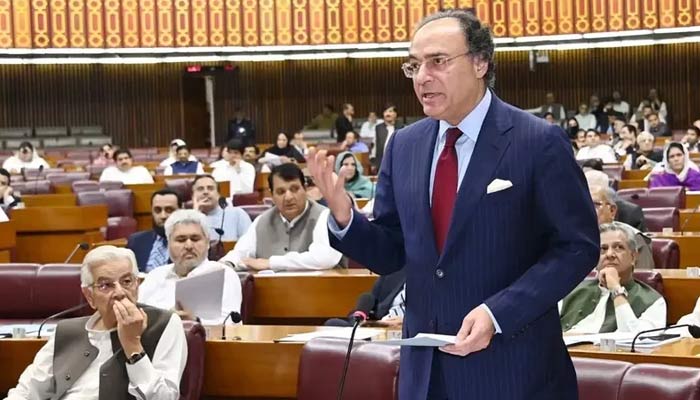Budget 2024-25
The Budget 2024-25 has been finalized, with the Finance Bill 2024 passing through the National Assembly. Unfortunately, it falls short of expectations, lacking imagination and echoing the patterns of previous budgets. It continues to burden those who are already overtaxed while ignoring the need to expand the tax net.
Rather than broadening the tax base, the budget deepens the existing tax net. It fails to adopt an equitable approach, increasing taxes on the already stressed salaried class—who have seen nearly half of their purchasing power erode over the past five years—while reducing taxes on banks, which have been reporting record profits.
This tax reduction for banks is largely due to the government’s ongoing dependence on bank borrowing to cover fiscal deficits.
The budget is inflationary, marked by increased expenditure across all areas, including discretionary spending for members of parliament.
There is little emphasis on controlling expenditure, which continues to be financed by taxing the already overburdened. This disregard for overtaxing the taxed is evident in the imposition of sales tax on infant formula and packaged milk.
In a country where 40% of children under five are stunted and malnutrition is widespread, taxing packaged milk sends a clear message: consumers should opt for loose milk, which discourages processing and could drive up milk prices, exacerbating malnutrition.
The budget lacks a coherent theme, primarily focusing on discretionary spending without fostering investment-led growth. The ongoing de-industrialization is unaddressed, with the budget favoring traders over actual producers.
It penalizes existing taxpayers further, especially the salaried class, who have already lost over 45% of their purchasing power in the last five years and will continue to lose more due to increased taxation.
This situation is ironic, as the salaried taxpayer first loses purchasing power due to the government’s obsession with deficits, and then faces higher taxes to cover the same deficits caused by an inability to expand the tax net or reduce expenditure.
The budget appears to cater to a small group of rent-seekers who benefit from a reckless and irresponsible fiscal regime. The lack of interest in widening the tax net or reducing expenditure is appalling.
Although there are some positive signs, such as modest reforms and reduced losses in state-owned enterprises, the reckless fiscal approach will alienate the populace and foster a sense of helplessness.
A skewed taxation structure will likely accelerate the brain drain, as the incentive to participate in the formal economy diminishes while operating informally in a cash economy becomes more appealing.
To stabilize the country, reckless expenditure must be curbed and those already overtaxed must not be further burdened. Paying developed world taxes for subpar infrastructure and social services creates an environment where businesses and individuals may move their capital elsewhere.
The economy needs a shift from consumption to investment, but this budget does nothing to facilitate that transition. Instead, it increases government consumption, financed by the usual taxpayers.










